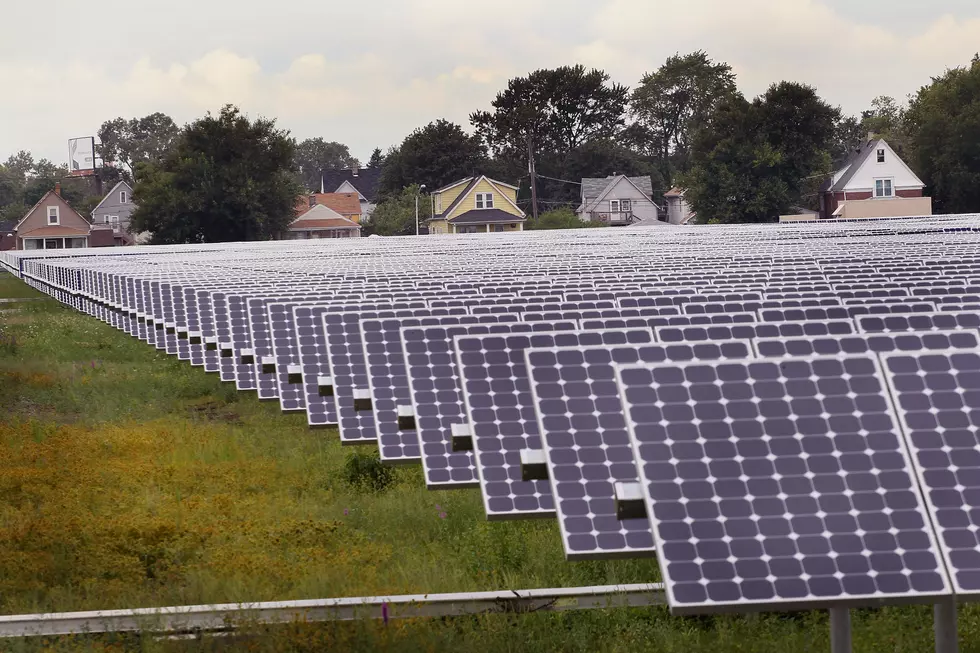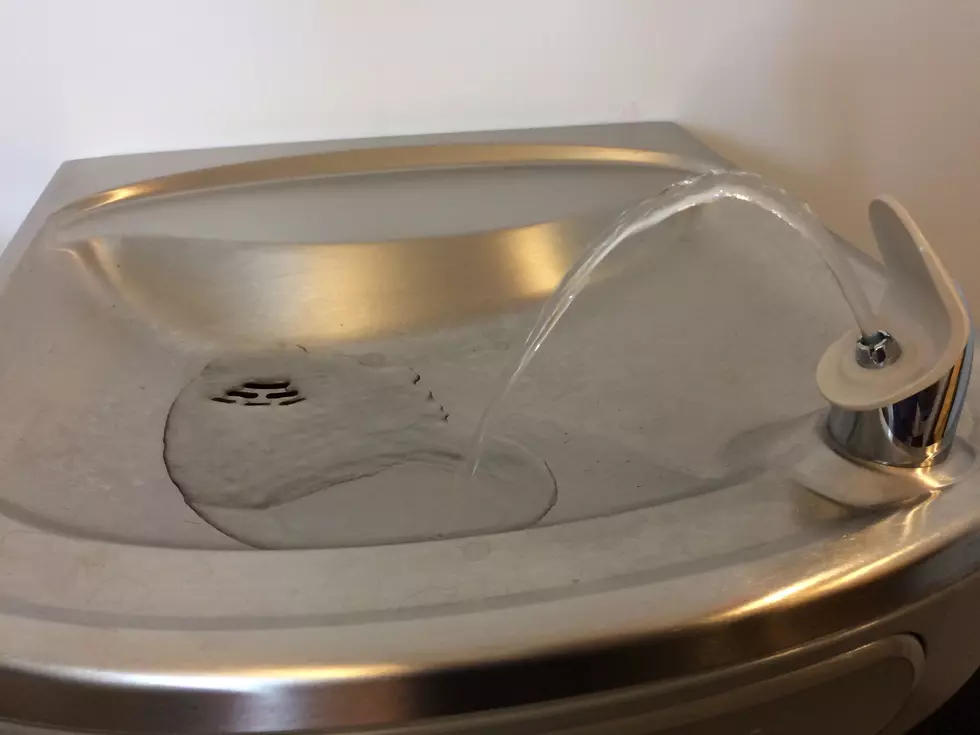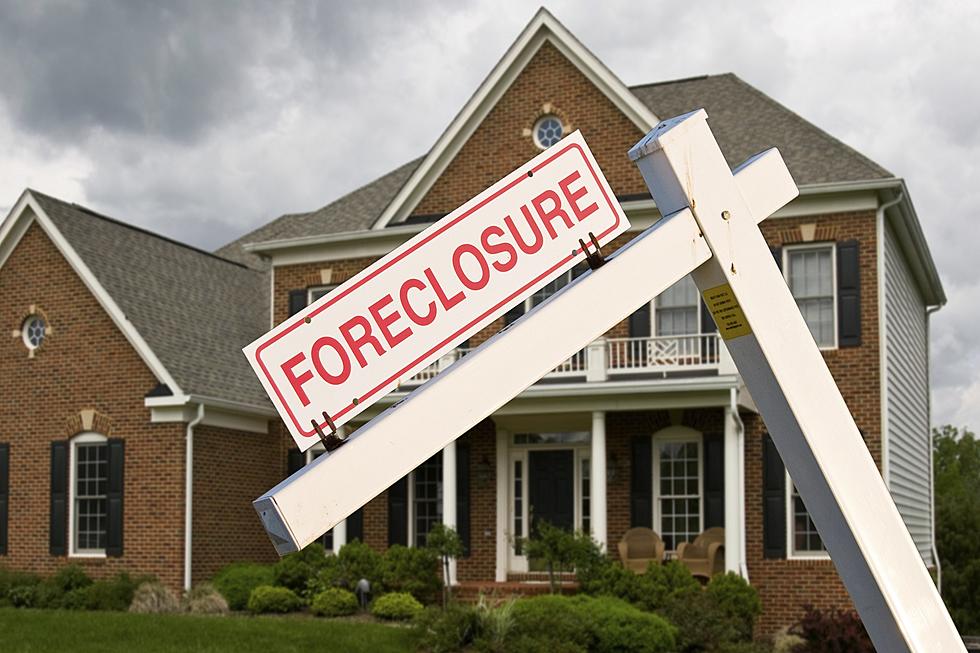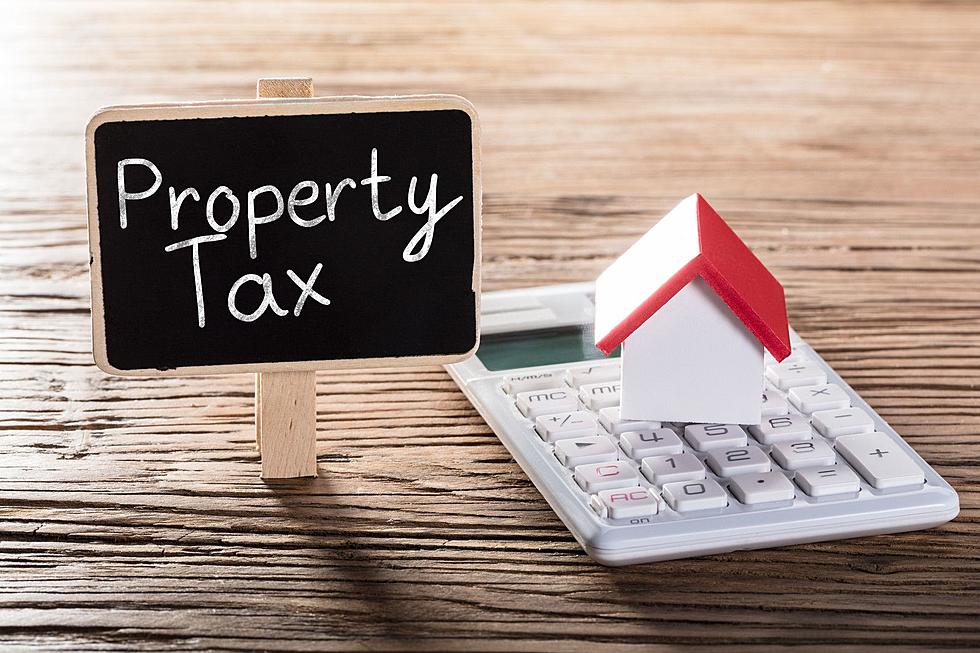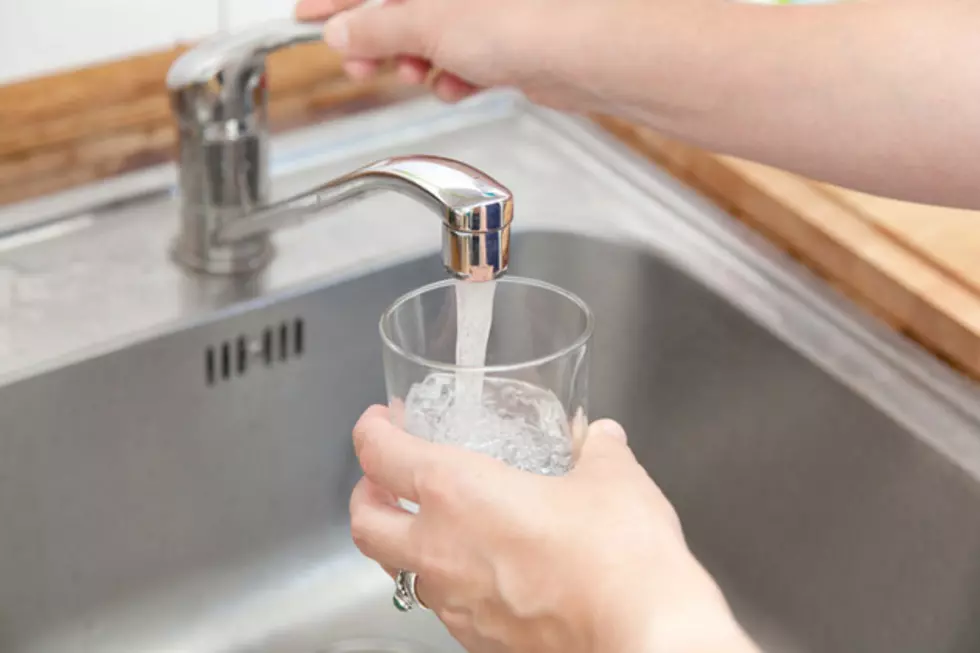
Which pocket will you pay from for NJ’s billions in water needs?
Sometimes water can light a fire.
Elevated levels of lead detected in Newark drinking water, despite filters that were distributed to prevent contamination from old lead pipes, have motivated lawmakers to hold a series of hearings about the broader statewide issue of water quality.
It’s likely to lead to a quick update of a 2017 accountability and reporting law, so that the state can better understand its infrastructure needs.
And it might also lead to higher water consumer costs in New Jersey, as either water rates or taxes might be increased to cover the enormous costs – estimated by some at $8 billion over 10 years, by others at $40 billion over 10 years.
AJ Sabath, a lobbyist representing the Building and Construction Trades Council, called decaying water systems “one of New Jersey’s next great infrastructure challenges” – and said it needs a long-term, sustainable solution similar to the hike in the gas tax, which is up 27 cents a gallon since 2016.
“The constitutionally dedicated gas tax that goes to the transportation fund took nearly 25 years to become a reality,” Sabath said. “And we don’t have the luxury of that amount of time to address our water infrastructure challenges.”
It’s too soon to know if the money would come from the federal government, state borrowing, state taxes or utility fees – which in a way is all the same, said Sen. Troy Singleton, D-Burlington.
“The ratepayer and the taxpayer are the same person. It’s just different pockets that it’s coming out of,” Singleton said.
State Sen. Bob Smith, D-Middlesex, said he’s been trying for 30 years to pass the Clean Water Trust, a bill that in its current form would impose a user fee equal to 10 cents on a thousand gallons of water.
“This is the one that I get hate mail, and the hate mail is really hateful,” Smith said. “But there’s no free lunch in New Jersey.”
Smith estimates the user fee would cost the average homeowner $32 a year but generate over $100 million a year for the state. He says there are huge infrastructure needs – lead pipes, interconnectivity problems, saltwater intrusion.
“It’s the t-word for which legislatures get thrown out of office, but I do think new jersey residents are beginning to see the wisdom of investing in their infrastructure,” Smith said.
New Jersey’s water infrastructure is old and needs replacement, though estimates on the prospective costs vary wildly. A 2017 state law, the Water Quality Accountability Act, will help provide that kind of data by requiring asset inventories that must be reported to the state regularly. But the first reports aren’t due to be submitted until 2022, so it will take a while.
For municipal-owned utilities, the state could get information sooner through the Department of Community Affairs, which has added infrastructure-related questions to its annual best-practices survey sent to the state’s 565 cities, townships and towns.
Melanie Walter, director of the DCA’s Division of Local Government Services, said that will provided limited information faster than 2022. It will also encourage localities to regularly match their utility rates with their systems’ needs.
“When you’re 20 or 30 years behind on rates, making the adjustment in a single year is suddenly a tremendous burden,” Walter said.
In addition to not knowing how much infrastructure work is needed, state officials also have limited understanding of how much utilities are already spending.
Cheryl Norton, president of New Jersey American Water, said the utility spent $330 million on infrastructure last year and plans similar spending this year and going forward.
“Even though we spend about a million dollars a day, it’s never enough,” Norton said. “We’ve always got a very long list of projects that need to be done. And so the funding is going to continue to be needed.”
Norton noted the American Society of Civil Engineers grades water systems in the United States at a D-plus and wastewater systems at a D-minus. New Jersey’s grades are a C for drinking water and a D for wastewater.
New Jersey: Decoded cuts through the cruft and gets to what matters in New Jersey news and politics. Follow on Facebook and Twitter.
Michael Symons is State House bureau chief for New Jersey 101.5 and the editor of New Jersey: Decoded. Follow @NJDecoded on Twitter and Facebook. Contact him at michael.symons@townsquaremedia.com
More From New Jersey 101.5 FM



